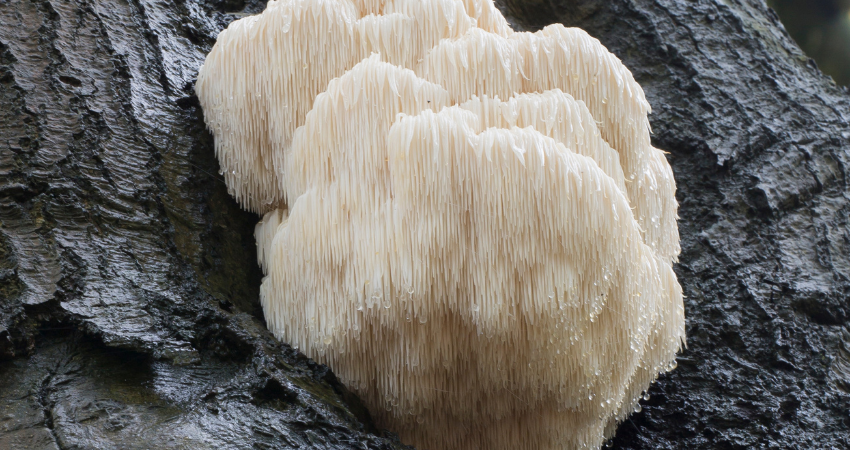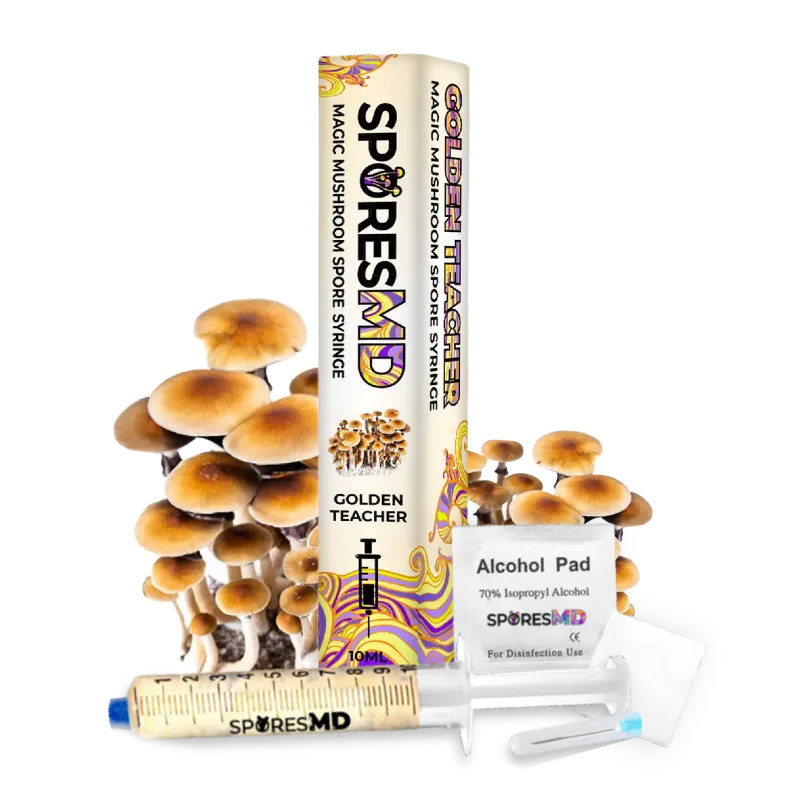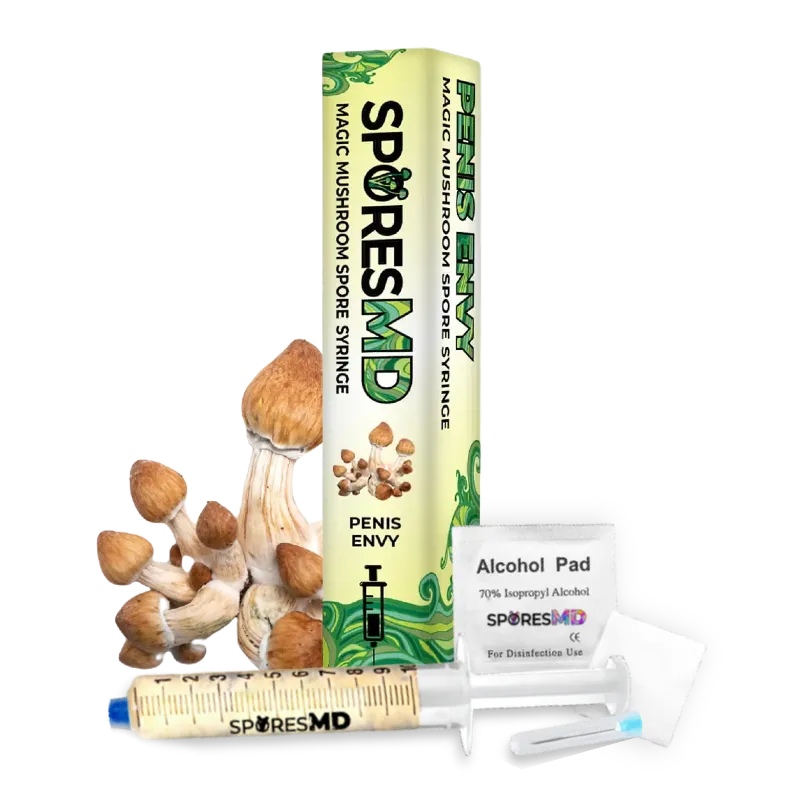Key Takeaways
- Lion’s Mane doesn’t cause sleepiness but may promote relaxation and improve sleep quality indirectly through its calming and neuroprotective effects.
- Key compounds like hericenones and erinacines support cognitive health by enhancing nerve growth, reducing inflammation, and balancing circadian rhythms.
- Dosage and timing are important—taking Lion’s Mane in the morning enhances focus and reduces the chances of sleep disturbances.
- Individual sensitivity varies, with some users experiencing a calming effect, while others report increased alertness and mental clarity.
- Lion’s Mane is generally safe, but potential mild side effects include digestive upset or rare allergic reactions. Starting with low doses is recommended.
- Incorporating Lion’s Mane into your routine sustainably may optimize brain health, support relaxation, and potentially enhance overall sleep quality.
Lion’s Mane is a fascinating mushroom. It’s known for its potential brain-boosting benefits. But does it make you sleepy?
The short answer: no, it doesn’t. Lion’s Mane is more likely to support focus and mental clarity than cause drowsiness. However, some users report feeling calm or relaxed, which might feel like sleepiness to some.
If you’re curious about how this mushroom impacts your energy or sleep, you’re not alone. Let’s explore what makes Lion’s Mane so unique and how it might affect your body.
What Is Lion’s Mane Mushroom?
Lion’s Mane mushroom, scientifically known as Hericium erinaceus, is a white, shaggy fungus resembling a lion’s mane as it grows. Native to North America, Europe, and Asia, it’s recognized for its culinary uses and medicinal properties.
Overview Of Its Health Benefits
Lion’s Mane supports cognitive function by stimulating Nerve Growth Factor (NGF) production, essential for brain health (Xu et al., 2012). It may improve memory, reduce inflammation, and protect against neurodegenerative diseases, including Alzheimer’s. Animal studies have shown its potential to lower symptoms of anxiety and depression.
Rich in antioxidants, it enhances immune function and promotes gut health. Research also highlights its role in nerve repair, benefiting individuals recovering from nerve injuries. Explore its nootropic benefits to boost focus and mental clarity.
Common Uses In Wellness
Lion’s Mane is commonly used to improve cognitive performance and mental focus. It appears in capsules, powders, and teas, popular in daily wellness routines. Users integrate it into morning drinks to support energy and productivity.
Its nerve-regenerative properties make it a choice for supporting nervous system health. Some incorporate it to manage stress, mild anxiety, or promote relaxation without sedation. Add it to your regimen for a holistic approach to wellness.
The Science Behind Lion’s Mane And Sleep
Lion’s Mane mushroom, known as Hericium erinaceus, holds significant potential for improving sleep quality. It doesn’t act as a sedative but may support a healthier sleep cycle through its neuroprotective and calming effects.
Key Compounds And Their Effects
- Hericenones and Erinacines: These bioactive compounds stimulate the production of Nerve Growth Factor (NGF) and brain-derived neurotrophic factor (BDNF). Enhanced NGF and BDNF levels improve neuron growth and repair, indirectly aiding sleep regulation.
- Anti-Inflammatory and Antioxidant Benefits: Oxidative stress and inflammation disrupt sleep patterns. Lion’s Mane reduces both, creating a balanced physiological state conducive to better rest.
Explore quality Lion’s Mane supplements for maximizing these benefits.
How It Interacts With Brain Function
Lion’s Mane actively supports cognitive health by enhancing neurogenesis. Data suggests that NGF boosts brain plasticity, which may contribute to improved stress response and relaxation—both critical for restful sleep.
Reduced anxiety and oxidative stress further optimize brain processes, aiding night-time calm. Its adaptogenic properties ensure sustained mental clarity without sedation.
Incorporate it into your daily routine through powders, capsules, or teas to promote holistic brain and sleep health.
Does Lion’s Mane Make You Sleepy?
Lion’s Mane mushroom (Hericium erinaceus) doesn’t directly make you sleepy. Instead, it indirectly supports sleep regulation by enhancing brain health and balancing your circadian rhythm.
Evidence From Studies
- Supports Circadian Rhythm: A 2016 study discovered Lion’s Mane improved circadian rhythm in mice by enhancing their sleep-wake cycles. Mice experienced increased alertness early in their cycle and tiredness later.
- Stimulates NGF Production: Research highlights its role in promoting Nerve Growth Factor (NGF), vital for brain function. Healthy NGF levels may indirectly enhance sleep quality through improved cognitive balance and reduced stress.
- Neuroprotective Benefits: Regular use may lower oxidative stress and inflammation, contributing to a physiological state conducive to better rest.
Anecdotal Experiences
Some users report feeling calmer or more relaxed after consuming Lion’s Mane tea or capsules. This sense of relaxation may mimic the sensation of sleepiness.
Others claim improved mental clarity, which enhances productivity during the day rather than causing drowsiness. Integrating Lion’s Mane into your routine might promote nighttime rest without impacting daytime energy.
Test its effects by incorporating Lion’s Mane into your diet or wellness plan, and monitor changes in your sleep patterns and energy levels.
Factors That Could Influence Sleepiness
Lion’s Mane mushroom doesn’t directly cause sleepiness but may impact rest indirectly through its calming and neuroprotective effects. Several factors influence how it interacts with your sleep cycle.
Dosage And Timing
Using Lion’s Mane earlier in the day often boosts focus and mental clarity, reducing the chances of evening drowsiness. Doses between 500 mg and 3000 mg daily are common in supplements, depending on your tolerance and wellness goals.
Incorporating it into a morning routine maximizes its energizing benefits. According to studies, maintaining consistent dosages improves cognitive performance and reduces stress, which may enhance relaxation without acting as a sedative.
Individual Sensitivity
Your body’s response to Lion’s Mane depends on individual sensitivity. While many users report enhanced alertness and reduced anxiety, some may feel a subtle sense of calmness mistaken for fatigue.
If you’re sensitive to adaptogens, start with lower doses like 500 mg and gradually increase. Anecdotal evidence suggests sensitivity varies widely, so monitor your response over time to determine its effects on your energy levels and sleep quality.
Tips For Using Lion’s Mane Safely
Lion’s Mane mushroom offers numerous benefits, but using it correctly ensures you maximize its potential while minimizing risks.
Best Practices For Consumption
- Start Low: Begin with 500 mg per day and gradually increase up to 3000 mg, depending on your tolerance and health goals.
- Choose Quality: Opt for products tested for purity, ideally containing fruiting body extracts rich in hericenones and erinacines.
- Time Wisely: Take it in the morning to promote focus and avoid sleep disturbances.
- Pair Smartly: Combine with a healthy diet or adaptogens like ashwagandha for enhanced effects.
Studies, including one in 2015, confirm improved sleep quality when dosed appropriately. Monitor your response and adjust use based on how you feel.
Potential Side Effects To Be Aware Of
Lion’s Mane is generally safe for most, but mild side effects can occur:
- Digestive Upset: Occasional nausea or bloating in sensitive individuals.
- Allergic Reactions: Rare cases of skin rash or respiratory irritation.
- Interactions: Consult with a healthcare provider before use if on medications or pregnant.
Anecdotes report rare sleep disruptions when taken late, supporting earlier intake for smoother integration into your wellness routine. Always prioritize listening to your body.
Conclusion
Lion’s Mane offers a wide range of benefits, from enhancing cognitive function to promoting relaxation and better sleep quality. While it doesn’t directly make you sleepy, its calming and neuroprotective effects can support a balanced sleep cycle. By incorporating it into your routine at the right time and dosage, you can experience its energizing and wellness-enhancing properties without unwanted drowsiness.
Pay attention to how your body responds and choose high-quality products to maximize its potential benefits. With consistent use, Lion’s Mane can become a valuable addition to your health and wellness journey.






